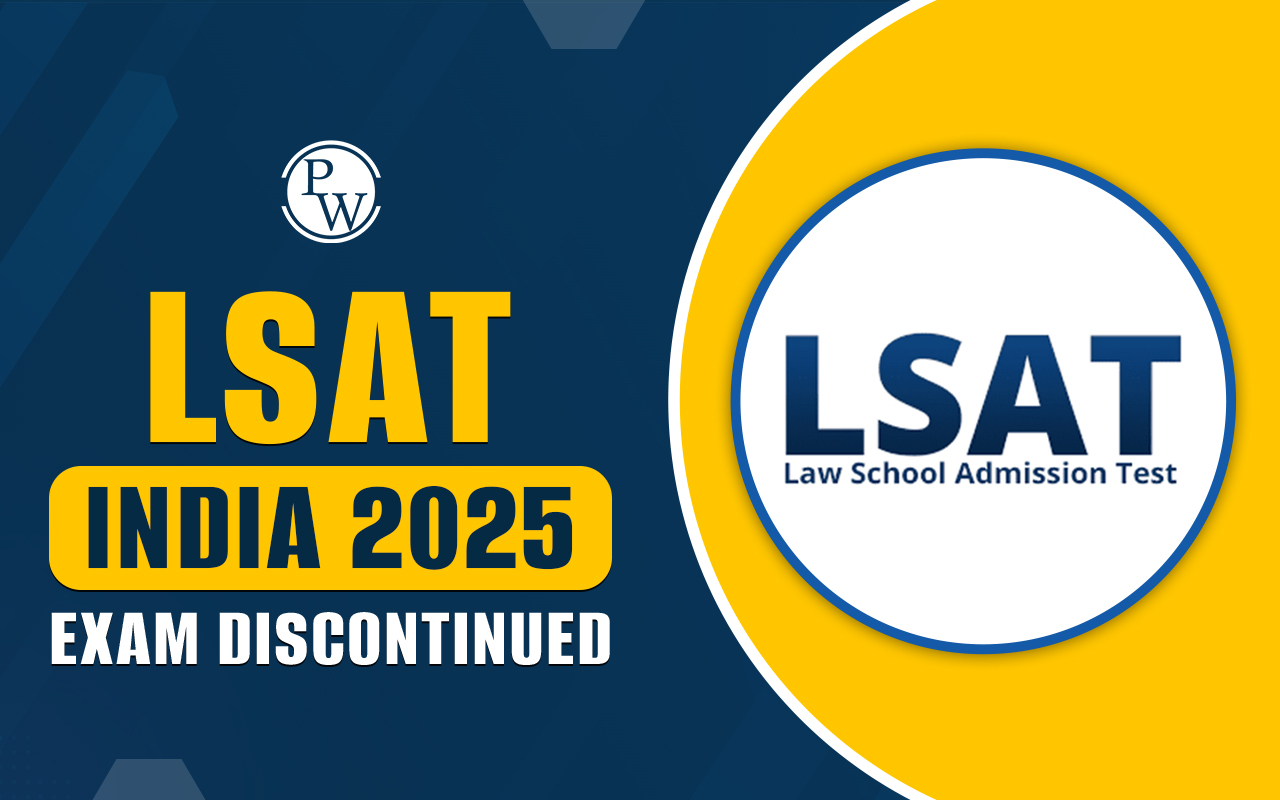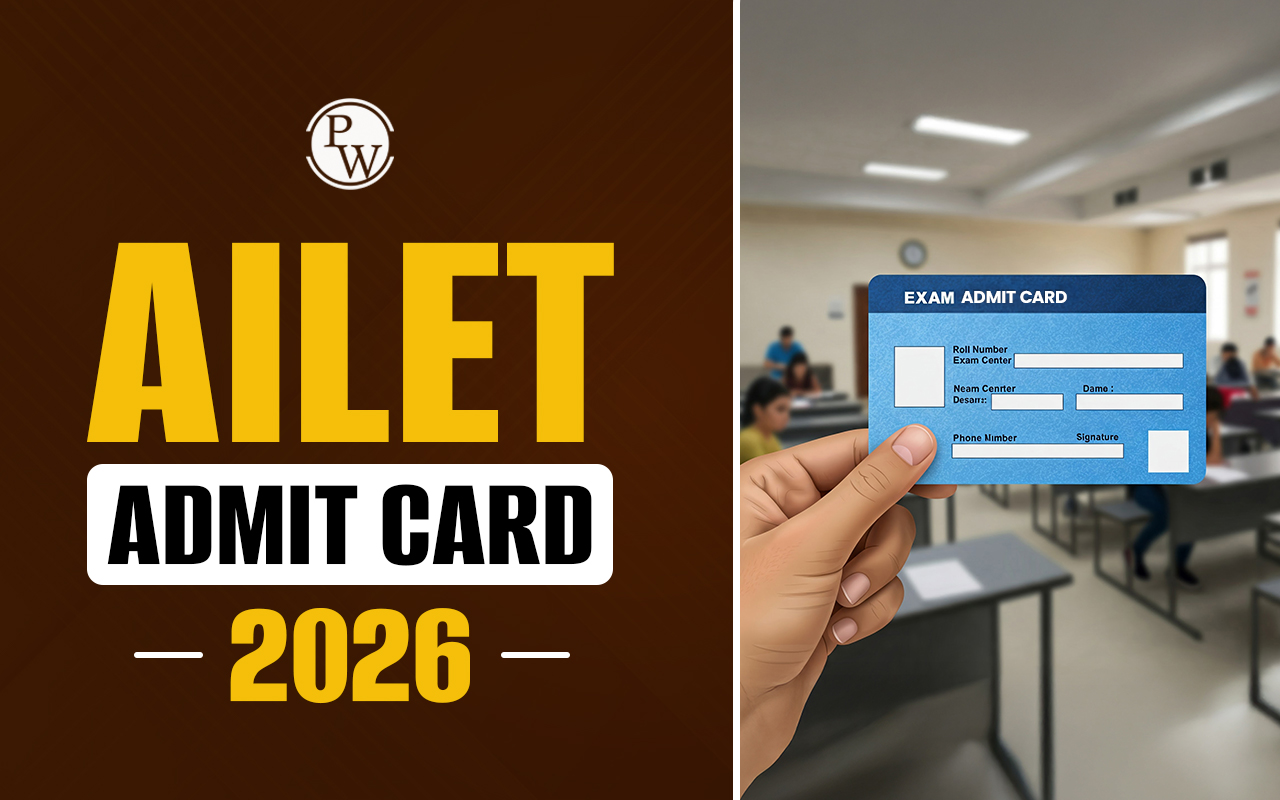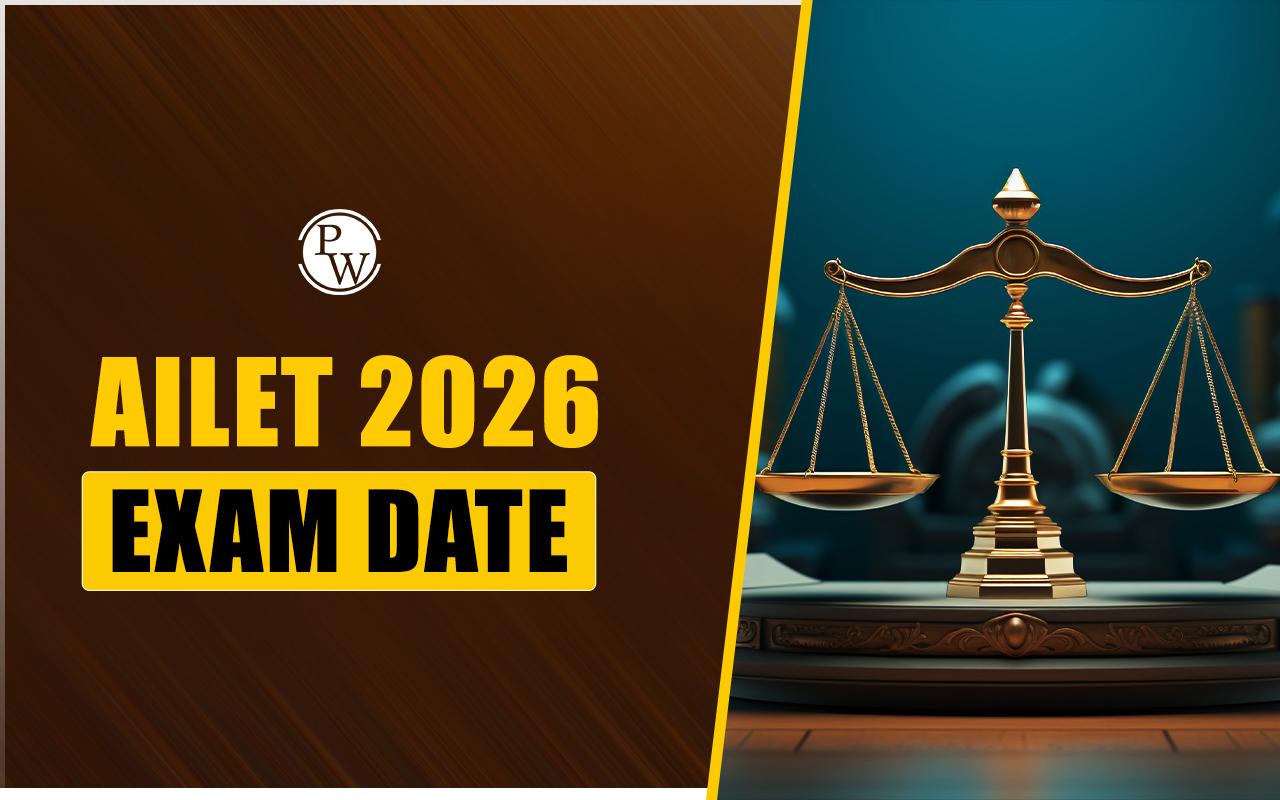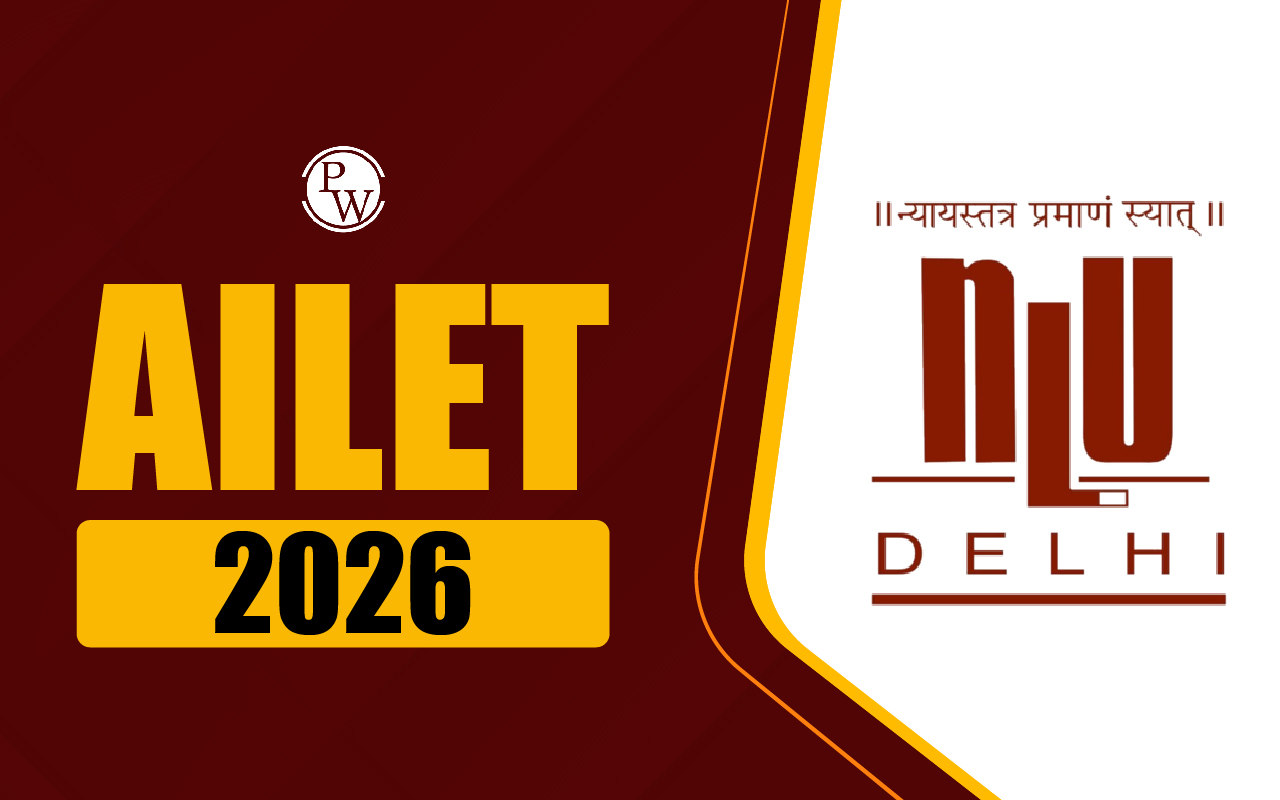

LSAT India 2025 Exam Discontinued: The LSAT India 2025 exam has been scrapped, marking a significant change in the law entrance exam landscape for aspiring law students. The Law School Admission Council (LSAC), the body responsible for conducting the LSAT India exam, has announced that it will no longer offer this exam starting from 2025. This news has left many law aspirants seeking alternative routes for their law education in India.
LSAT India 2025 Exam Discontinued FAQs
Why was the LSAT India 2025 exam discontinued?
The LSAT India 2025 exam was discontinued as part of LSAC's broader business strategy. Aspirants must now explore other law entrance exams like CLAT and AILET for admissions.
What are the alternatives to LSAT India 2025?
After LSAT India 2025's discontinuation, candidates can opt for exams like CLAT, AILET, or other state-level law entrance exams to pursue law education in India.
Will law colleges still accept LSAT India scores for admissions?
No, with the discontinuation of the LSAT India 2025 exam, participating colleges will now consider alternative exams such as CLAT and AILET for admission to their law programs.
How will the LSAT India 2025 discontinuation affect law aspirants?
Law aspirants who planned to take LSAT India 2025 will need to shift focus to other popular exams like CLAT or AILET, leading to a possible increase in competition for these exams.
What should LSAT India 2025 aspirants do now?
Aspirants should research and start preparing for other law entrance exams like CLAT and AILET, staying updated on their patterns and syllabi to ensure success in their law admissions.
Talk to a counsellorHave doubts? Our support team will be happy to assist you!

Free Learning Resources
PW Books
Notes (Class 10-12)
PW Study Materials
Notes (Class 6-9)
Ncert Solutions
Govt Exams
Class 6th to 12th Online Courses
Govt Job Exams Courses
UPSC Coaching
Defence Exam Coaching
Gate Exam Coaching
Other Exams
Know about Physics Wallah
Physics Wallah is an Indian edtech platform that provides accessible & comprehensive learning experiences to students from Class 6th to postgraduate level. We also provide extensive NCERT solutions, sample paper, NEET, JEE Mains, BITSAT previous year papers & more such resources to students. Physics Wallah also caters to over 3.5 million registered students and over 78 lakh+ Youtube subscribers with 4.8 rating on its app.
We Stand Out because
We provide students with intensive courses with India’s qualified & experienced faculties & mentors. PW strives to make the learning experience comprehensive and accessible for students of all sections of society. We believe in empowering every single student who couldn't dream of a good career in engineering and medical field earlier.
Our Key Focus Areas
Physics Wallah's main focus is to make the learning experience as economical as possible for all students. With our affordable courses like Lakshya, Udaan and Arjuna and many others, we have been able to provide a platform for lakhs of aspirants. From providing Chemistry, Maths, Physics formula to giving e-books of eminent authors like RD Sharma, RS Aggarwal and Lakhmir Singh, PW focuses on every single student's need for preparation.
What Makes Us Different
Physics Wallah strives to develop a comprehensive pedagogical structure for students, where they get a state-of-the-art learning experience with study material and resources. Apart from catering students preparing for JEE Mains and NEET, PW also provides study material for each state board like Uttar Pradesh, Bihar, and others
Copyright © 2025 Physicswallah Limited All rights reserved.











